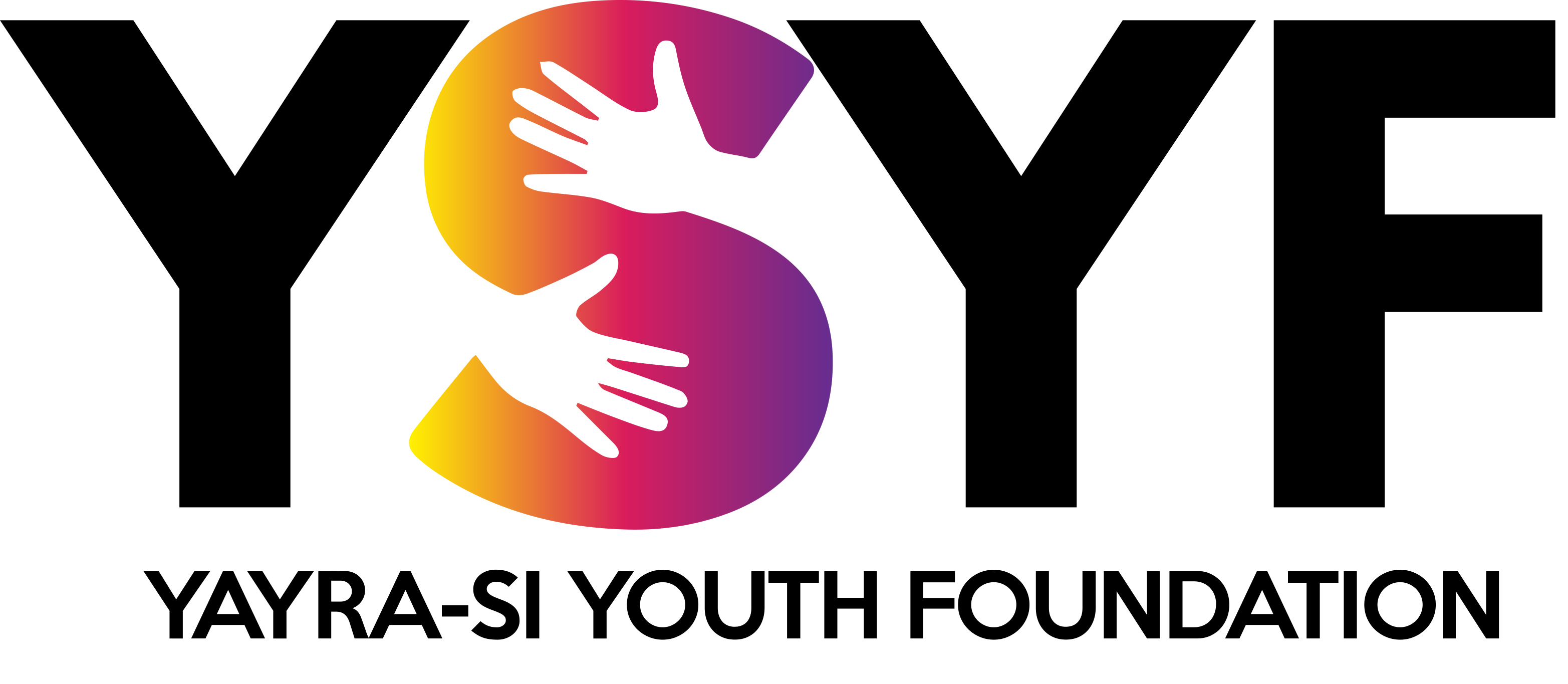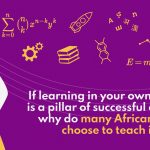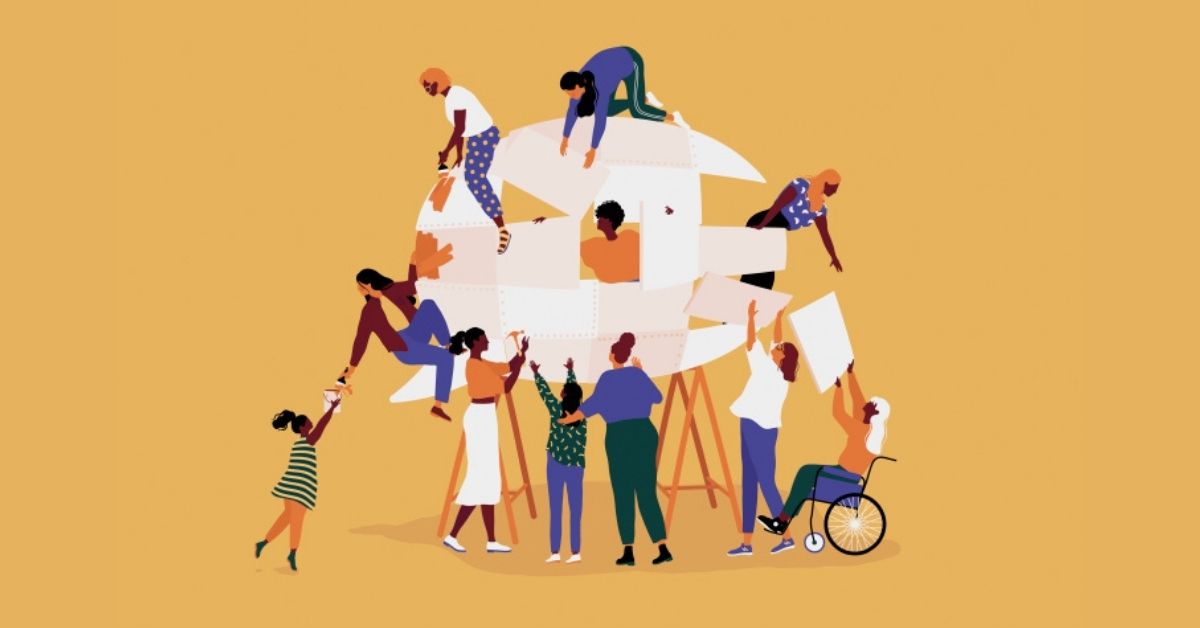
DECOLONIZING THE MIND: CHANGING THE NARRATIVE WITH OUR WORDS
by Shile Adeyoyin
In recent times, we have seen in the media, efforts by the public to articulate the results of colonization, discrimination and prejudice in efforts to dismantle structures that perpetuate the status quo and challenge unbalanced power dynamics. Many have emphasized the need to examine our own beliefs and assumptions about certain groups of people, countries and places. Today, as an organization, we want to continue that conversation by emphasizing the need to improve how we talk about nations in the Global South – countries in the regions of Africa, Asia, and Latin America. It is paramount that we take a closer look at the language we use to describe these nations and how such language colonizes our thinking. This process is one of the first steps to decolonization. To decolonize the mind is, therefore, to empower the mind with the ability to self-represent. It is to understand the history of others for what they are and to represent with positivity and strength.
Why is language important to decolonization?
Language plays a significant role in constructing history, identity and culture. The entire body of values by which we come to perceive ourselves and our place in the world is owed mostly to the language we speak and what that language represents and the meanings and values behind it. Ngugi Wa Thongo, Kenyan writer and Academic, puts it simply by saying that how people speak about themselves affects how they look at their culture, social production of wealth and their entire relationship with other beings. Language is thus inseparable from ourselves as a community of human beings with a specific form and character, a specific history, and a particular relationship to the world. Since language is such a powerful tool and force, it is time to examine subconscious biases, opinions, ideas, and perspectives formed from colonial history and its present-day impacts. The words and language we use in representing African countries contribute to the historical representation of the continent; sometimes such language perpetuates oppression. To decolonize our minds, we must recognize such words and understand how they shape our mindset and language construct. We must unlearn, relearn and empower the mind with the ability to self represent in a positive light.
As an organization whose work is largely situated in Ghana, we understand that there is a great deal of difference in the way we understand the world, as well as in the way human beings understand each other in different environments and cultural contexts. Thus, we remain conscientious of the power our words have in shaping the representation of Ghana. In turn, we take pride in fostering a global community that dispels the myth about Africa as a place of suffering. We take pride in challenging the misconceived African narrative by learning more about the Ghanaian community and embracing the richness and fullness of its people. We invite you to embark on this journey with us by placing language and representation at the crux of decolonization. Together, we can shift the axis of the world by confronting how our words and used language might lead to increased subjugation and oppression of the Global South. Decolonization is an ongoing process that requires all of us to be collectively involved. Together, we can wield our language to represent the African people with strength, resilience, hope, the wealth of knowledge and richness of the soul.
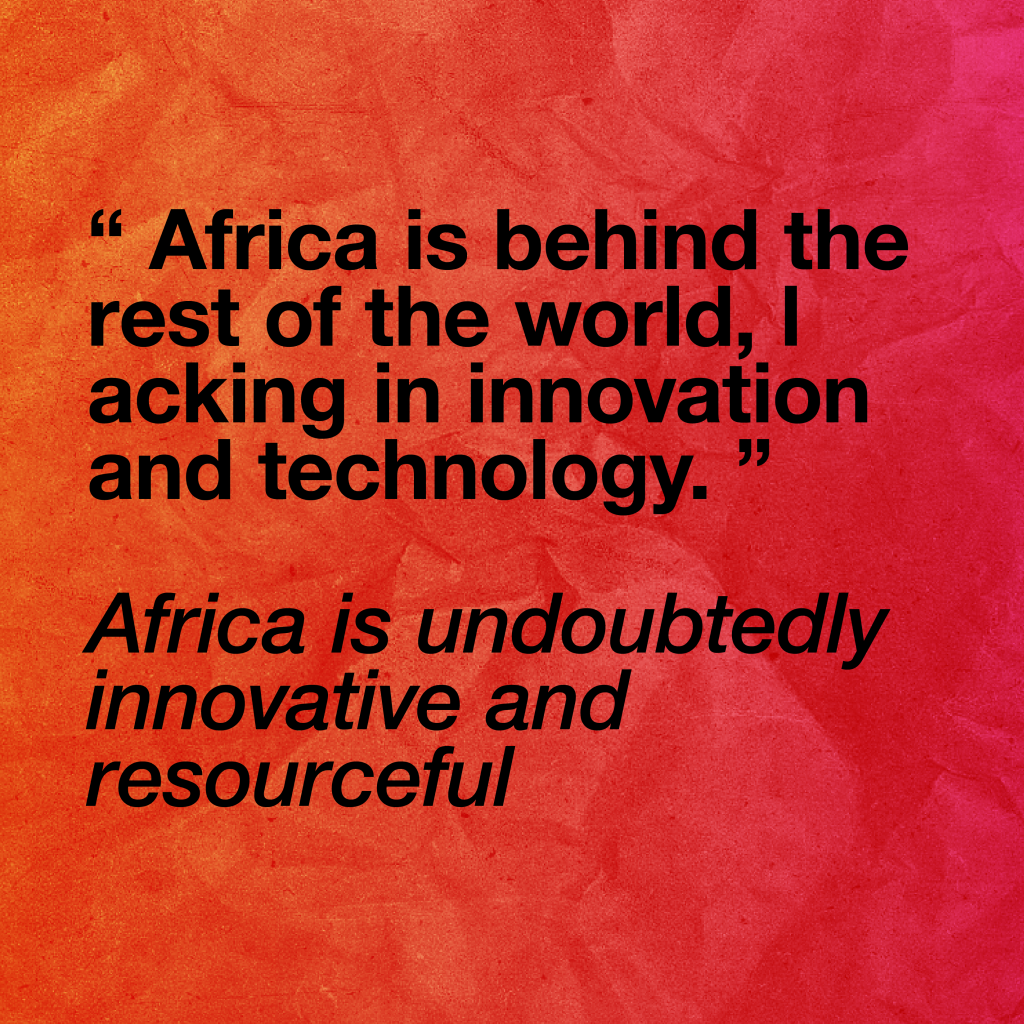
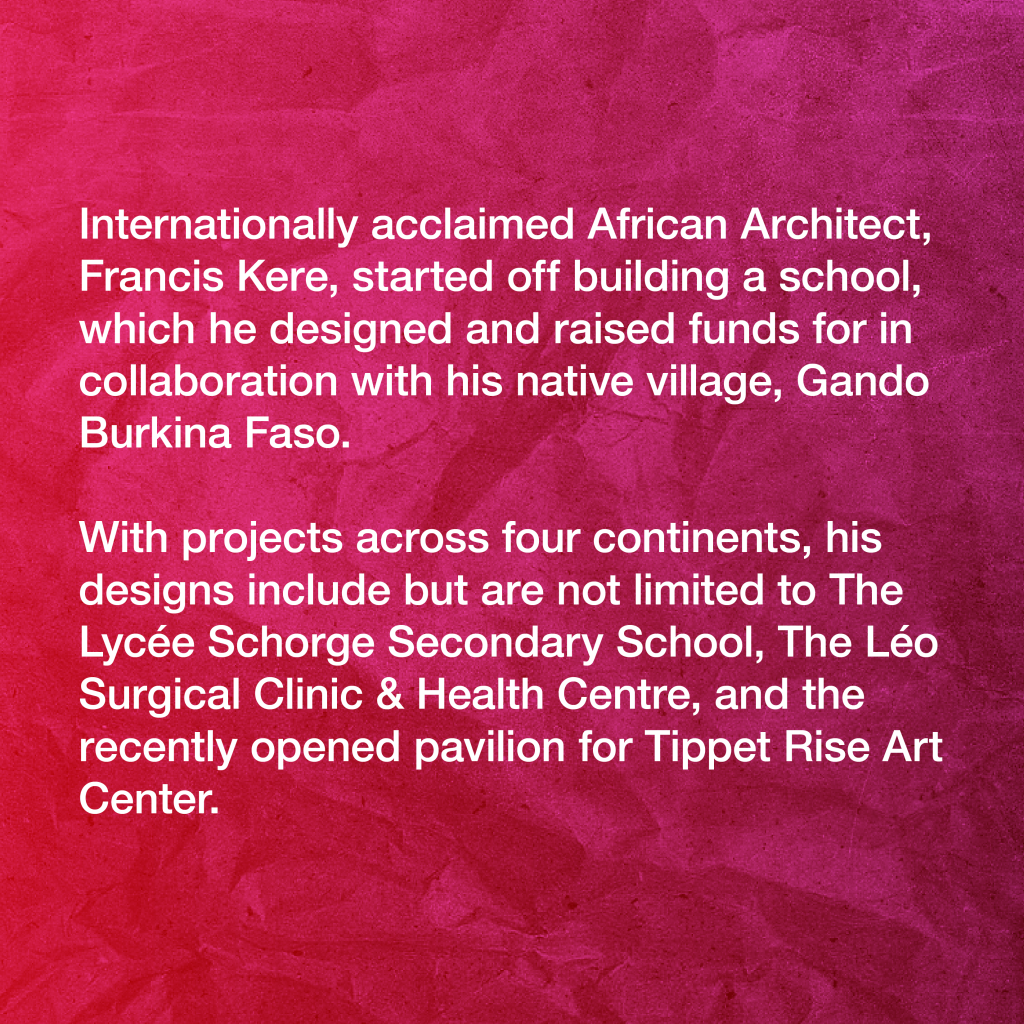
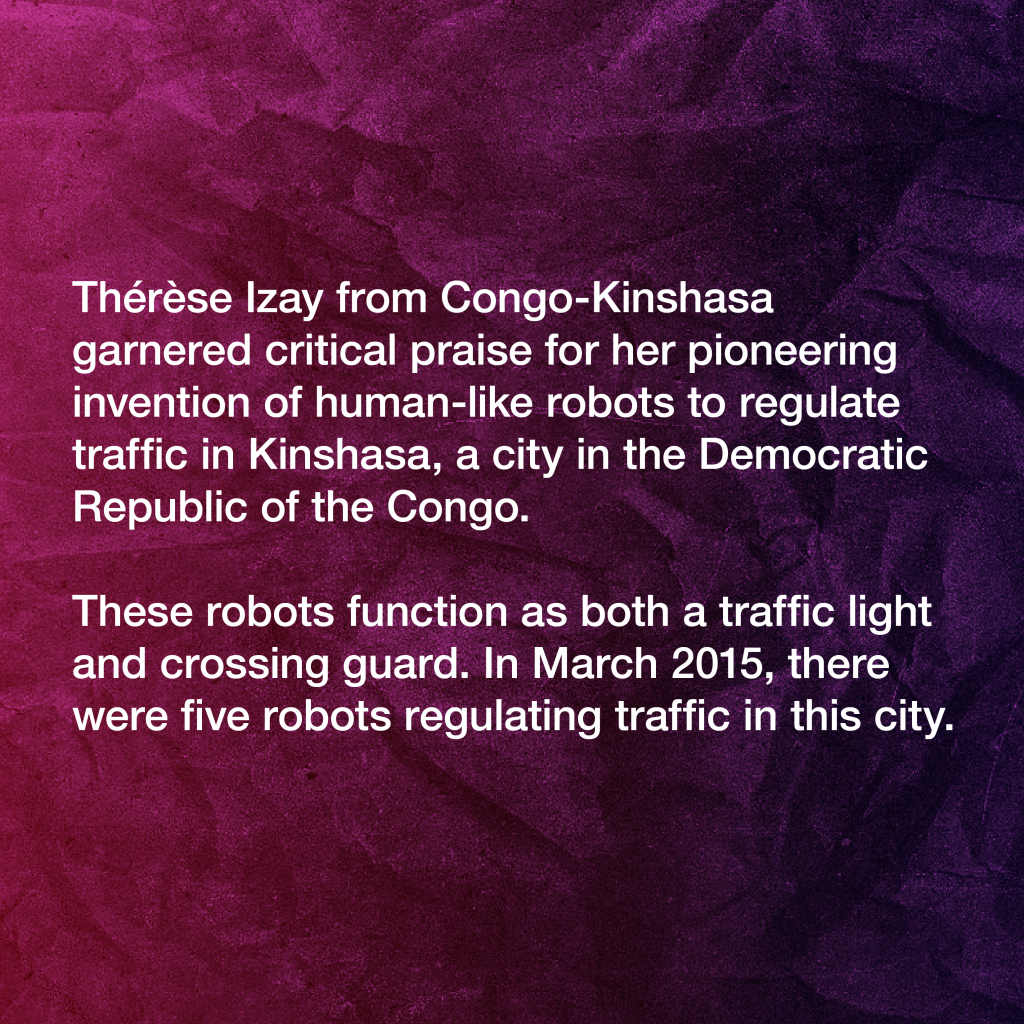
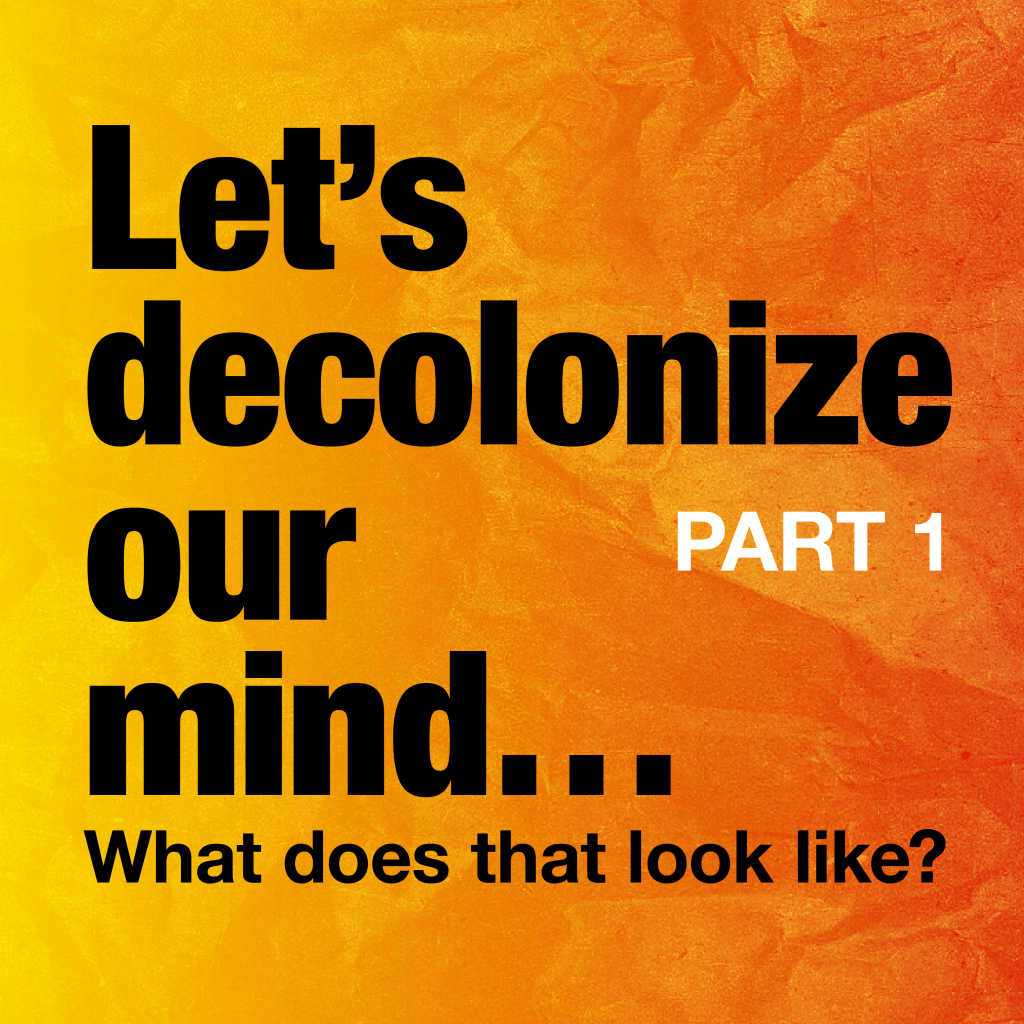
Sources
- 1.https://historibersama.com/indonesia-decolonizing-the-mind/
- 2. https://lithub.com/mukoma-wa-ngugi-what-decolonizing-the-mind-means-today/
- 3. https://scholarscompass.vcu.edu/cgi/viewcontent.cgi?article=1331&context=ess
- 4. https://www.globalcitizen.org/en/content/27-myths-about-the-developing-world/
- 5. https://www.nomadicmatt.com/travel-blogs/africa-travel-myths/
- 6. https://newafricanmagazine.com/17540/
Featured image retrieved from https://techcrunch.com/2019/05/08/decolonization-and-intersectionality-in-tech-with-chanda-prescod-weinstein/
